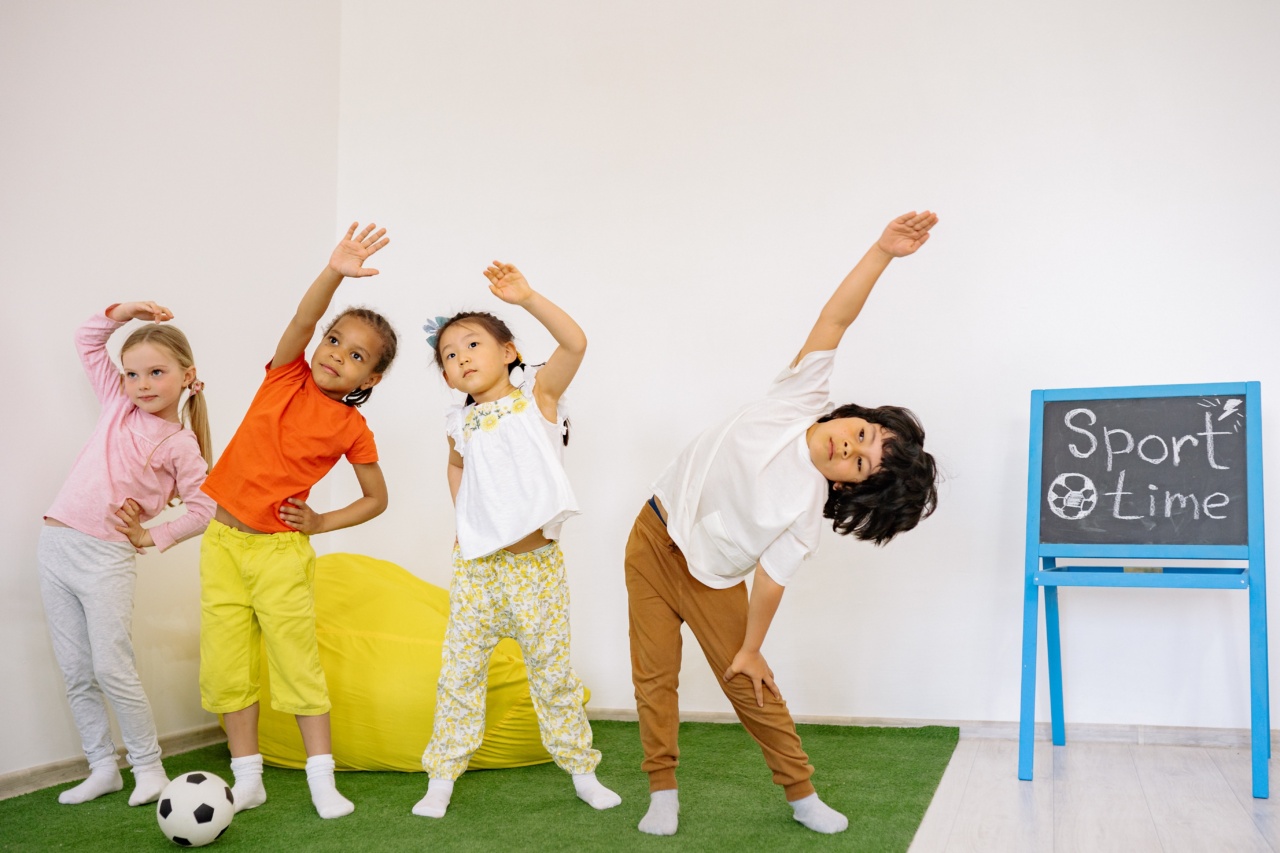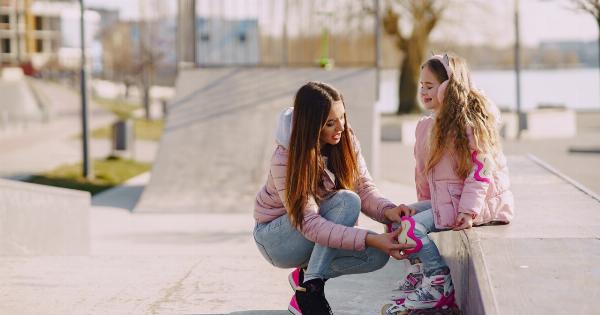A new study has revealed that children who participate in sports have fewer colds than those who do not.
The study, which was conducted by researchers at the University of Bristol in the UK, found that children who played sports had a 50% reduction in the number of colds they experienced each year.
The benefits of physical activity
There are many benefits to physical activity, including improved cardiovascular health, increased muscle strength and endurance, and a reduced risk of obesity and other chronic diseases.
But this new research adds another benefit to the list: a stronger immune system.
According to the study, children who played sports had better markers of immune function than those who did not.
Specifically, they had higher levels of immunoglobulin A (IgA), which is an antibody that helps fight off infections in the respiratory tract.
This is particularly important when it comes to colds, as they are typically caused by viruses that infect the respiratory tract. By boosting levels of IgA, sports could help children fight off these viruses more effectively.
The study
The study involved 4,773 children between the ages of 11 and 12 years old.
The researchers asked the children and their parents to complete questionnaires about their participation in sports and physical activity, as well as their overall health and wellbeing.
They then took blood samples from the children to measure their levels of IgA and other markers of immune function. They also asked the children to keep a diary of any colds they experienced over the course of the study.
The findings were clear: children who participated in sports had fewer colds than those who did not.
In fact, the reduction in colds was greater in children who played team sports, such as football and netball, than it was in those who only did individual sports, such as running or swimming.
Why might sports reduce the incidence of colds?
It’s not entirely clear why sports might have this effect on the immune system.
One possibility is that physical activity helps to stimulate the production of certain immune cells, such as T-cells and natural killer cells, which can help to fight off infections.
Another possibility is that sports provide a social environment that promotes healthy behaviors, such as staying active, eating a balanced diet, and getting enough sleep.
These factors are all important for immune function and could help to explain why children who play team sports have fewer colds.
The importance of physical activity for children
This study highlights the importance of physical activity for children’s health and wellbeing.
Not only does it improve physical fitness and reduce the risk of chronic diseases, but it also helps to boost the immune system and reduce the incidence of colds.
Unfortunately, many children today are not getting enough physical activity. Screen time, sedentary behavior, and lack of access to safe outdoor spaces are all factors that can discourage children from being active.
But by promoting sports and physical activity in schools and communities, we can help to create a healthier future for our children.
Not only will they be less likely to experience colds and other illnesses, but they will also be more likely to develop lifelong healthy habits that will serve them well throughout their lives.
In conclusion
This new study provides further evidence of the many benefits of physical activity for children.
By participating in sports, children can not only improve their cardiovascular health and reduce their risk of chronic diseases, but they can also boost their immune system and reduce the incidence of colds.
As parents and educators, it’s up to us to encourage our children to be active and provide them with the opportunities and resources they need to do so. By working together, we can create a healthier, more active future for our children.































